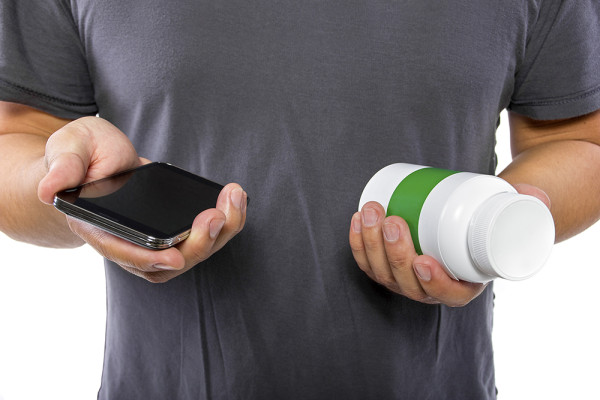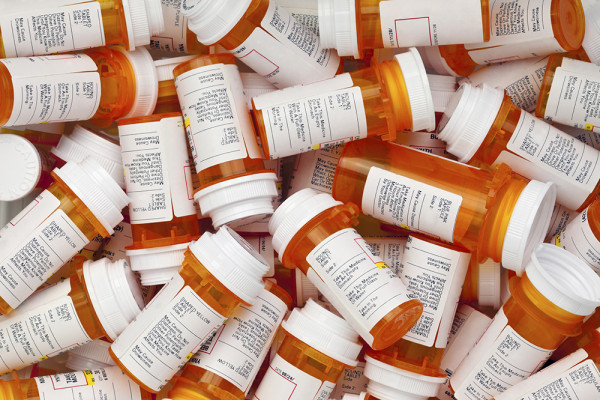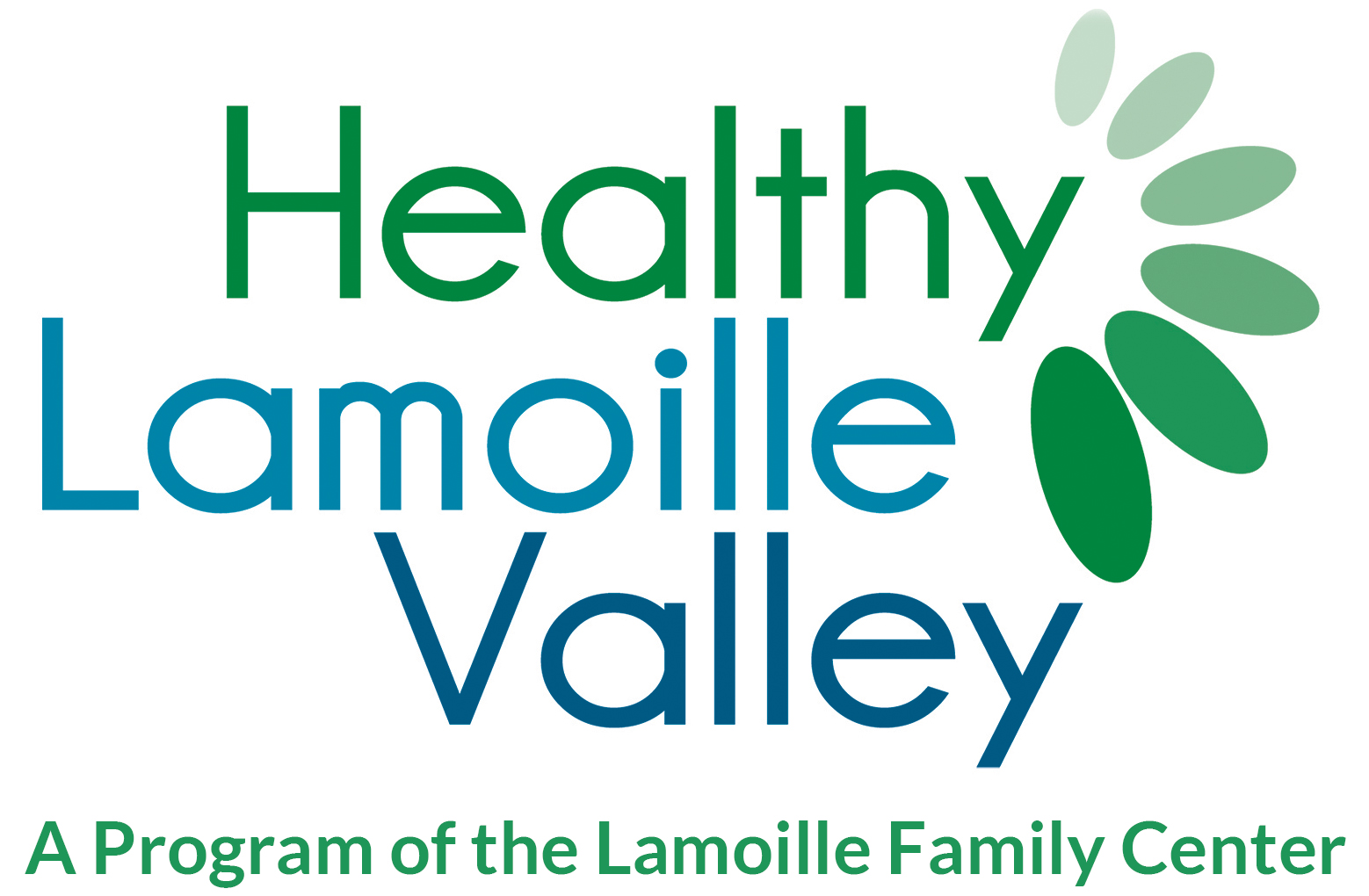Prescription Drugs
Safety and Disposal Tips
SAFE USE – Only take medication prescribed to you by a doctor. Only use in the prescribed dosage. And never share prescription drugs with friends or family.
SAFE STORAGE – Store prescription medication locked and out of reach of kids, family, and guests. Know where it is at all times. Keep it in its original bottle with its label.
SAFE DISPOSAL – Misusing prescription drugs carries a range of short- and long-term health consequences for a developing brain and body. Keeping prescription drugs out of reach of children and youth is a key factor in keeping them safe. Proper disposal of prescription drugs protects waterways, wildlife, and pets too.
The Vermont Department of Health is providing free, prepaid prescription drug mail-back envelopes. Request your envelopes online. Then simply seal your unused prescription drugs inside and drop off at any post office or other USPS pick-up location.
In the Lamoille Valley, you can drop off your unwanted medication (pills only) at these year-round sites. These drop-boxes are self-service, call for normal business hours:
-
- Copley Hospital, Morrisville, (802) 888-8888
- Cambridge Kinney Drugs, (802) 644-8811
- Hardwick Police Department (including syringe disposal), (802) 472-5475
- Lamoille County Sheriff’s Department, Hyde Park, (802) 888-5244
- Morristown Police Department, (802) 888-4211
- CVS, Morrisville, (802) 888-4239
- Stowe Police Department, (802) 253-7126
Looking for more information on prescription drug storage and disposal? Visit the VT Department of Health.
What should I ask my doctor or pharmacist?
You are ultimately in charge of your medical care. Be informed. Knowing which questions you should ask your doctor or pharmacist will help protect you or your loved ones from accidental addiction. We checked in with Katie Marvin, a Stowe physician who is at the forefront of helping those who have become dependent on narcotics. It is important to note that Katie’s remarks where repeated on April 4th at Vermont Department of Health’s Statewide Community Solutions to the Opiate Issues by the keynote speaker, Dr. Stephen Leffler, MD, Chief Medical Officer University of Vermont Medical Center.

Katie’s Insights:
“I would recommend an avoidance of any narcotics prescriptions whenever possible, for acute or chronic issues. Most conditions do not need the narcotics prescriptions that are offered, and ironically most doctors do not want to write them but feel compelled to do so by patient pressure or fear of the patient calling back with pain later that night. But, most injuries like sprains or stable fractures, orthopedic injuries, bad bruises, minor outpatient surgical or dental cases should be managed without the use of narcotics. The old fashioned application of ice, splinting, rest, ibuprofen actually work better and have less long term risk. There are other good medications that help with neuropathic pain, or pain specific to muscle spasm that might also help and are less dependent forming.
The other important, often missed factor, is patient expectation. I tell my patients that “this is going to hurt”, and “I can not take away this pain, but it will improve with time”. Providers should not mislead patients that the goal is zero pain all the time.
Finally, it is essential for people to know that many of our young patients who are suffering with the daily struggles of addiction did use their first pills as prescribed by doctors. Narcotics from the family doctor for a shoulder injury, or from the dentist for a tooth extraction, like wisdom teeth, or the ER for abdominal pain unfortunately lead sometimes to recreational use. Initially, to the patient it may seem harmless. But, it does not take long for the patient to want and need more, start finding pills from friends, then buying it, and then needing it on a daily basis to avoid the illness of withdrawal.
So, to conclude, yes, while there are certainly opiates in our community that come up from out of state in bulk, often the misuse and addiction we hear about stems from an innocent desire for pain reduction following a doctor visit. We need to be very careful with prescribing practices, and also in overseeing our youth. Parents need to restrict and supervise use when it is necessary, and be on the lookout for behaviors concerning for abuse.”
Questions to ask your doctor or dentist:
Can I treat this condition without potentially addicting medicines? Are alternate treatments available?
What is the smallest dosage that could work?
How much should I take and when? Could a lesser dosage work?
Side effects – What side effects should I watch out for?
Interactions – Will this medication interact with other medications you might be taking? Always share a list of what you are taking (including herbal supplements and over the counter products) and any other medical conditions that you may have with the prescribing physician.
What should I do if I start to crave this medicine? or What happens if I feel too good? This may seem like an odd question, but medications are made to help lessen the pain, they are not designed to create a paradise. If you’re feeling the best you ever have on a medication, call your doctor immediately.
Print this list of questions and bring them with you to your doctor or dentist?
Keeping kids safe:
Traveling with kids – blog post on Rx safety away from home.
An ounce of prevention really does make a difference… you can help prevent prescription drug misuse! Follow these simple steps.
- Talk with your family, friends, and children about the dangers of Rx and over the counter drug misuse. Our senior population has the highest rate of prescription use, often making them a target for those who have drug addictions.
- Keep all medicines SECURE in your home. The safest option is a locked box, but if not find an out of the way, secure location. Displaying medicines in a medicine cabinet or in plain sight make them a greater temptation.
- Keep COUNT and keep TRACK of your medicines. Regularly checking your medicines will alert you if some are being stolen out of the bottle.
- NEVER SHARE your prescription medicines and do not take any prescription medicines not prescribed to you. It’s against the law and can cause serious harm.
- Safely DISPOSE of unwanted or expired medicines at an Rx drug drop box or during annual Drug Take-Back Days. See the list of year-round drop-box sites below.
- Talk to your doctor when getting your prescriptions. Ask for exactly what you’ll need. If you need more, call for a refill. Confirm details for taking the prescription safely with your doctor and pharmacist – confirming that it will not conflict with your other medicines.
Prescription Drug Safety
Why shouldn’t I keep my medicine in the medicine cabinet?
Isn’t that what it’s designed for? Medicine cabinets are not the best place to store medicines as they provide anyone, including children and teens, private access to your medicines. Read more about it here.

Sharing Prescription Medications, Why It Is Not a Good Idea
Sometimes people get medicines from friends who may have leftovers from a similar condition. Not only is sharing prescription medicines illegal, but when used outside of a doctor’s oversight there is a greater likelihood that addiction will occur.
When you work with a doctor for your prescription needs the doctor will access your injury, your body type, family history, possible drug interactions, and other potential risk factors. Each of these factors can have a great impact on the dosage prescribed and how often you should take a medicine. Working with a doctor will allow her to follow your progress towards wellness allowing her to see any red flags early and make changes in your treatment plan. When you take medicines on your own this does not happen and complications may not be caught.
The other question we often hear is, “I didn’t use up all the medicine for my shoulder injury. Can’t I just keep for the next time I might need it?” Keeping prescription medicines for future use is not recommended. Our bodies change over time. Not all injuries are equal. It’s becomes too easy to self medicate instead of seeking alternate forms of healing such as rest, ice, elevation, etc. Prescriptions expire and breakdown. If you have a medication on hand you may not check in with your doctor, omitting an important step in your care of the injury.
Did you know that it’s important to secure your pet/livestock medicines as well? The medicines that we have on hand for our animals are not designed or tested for human consumption. However, that may not deter a curious kid or a person who’s struggling with addiction from trying them. Lock them up and only keep on hand what you need for your pets or livestock.
